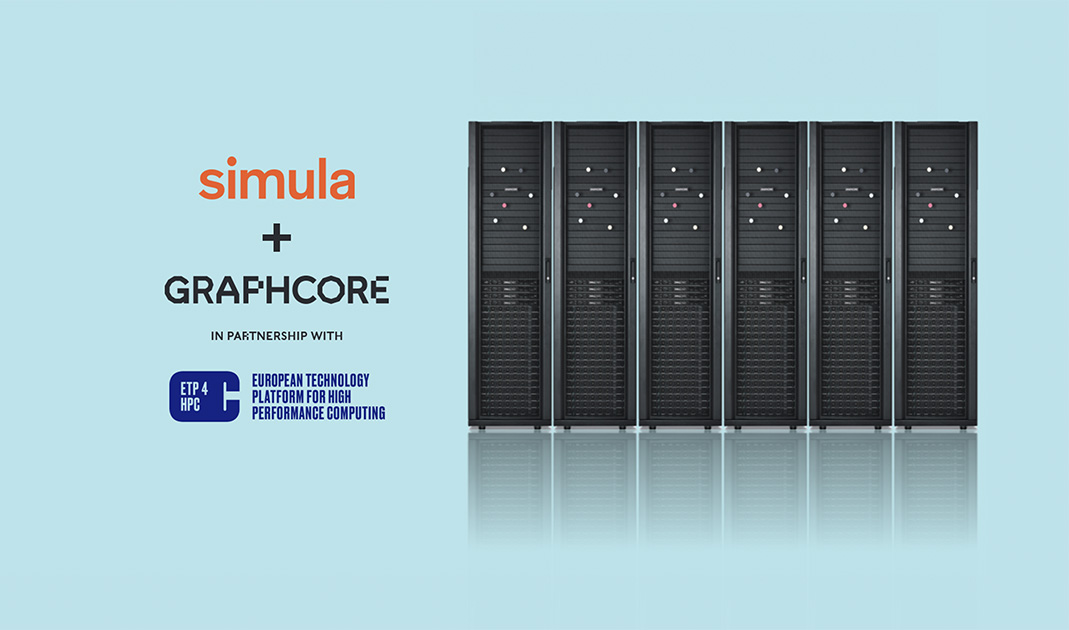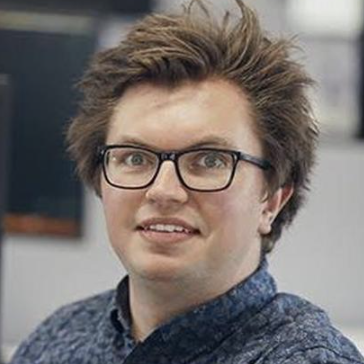
On-Demand Webinar
Using Graphcore IPU systems at the convergence of AI and HPC
Making breakthroughs in scientific research with IPUs
Graphcore's IPU is designed from the ground up to support AI and machine learning workloads. Increasingly, innovators are using AI solutions like IPUs, using FP32 arithmetic (or lower) to accelerate scientific workloads, instead of traditional HPC computing.
Simula Research Laboratory in Oslo, Norway, hosts the Experimental Infrastructure for Exploration of Exascale Computing (eX3), which provides researchers early access to a wide range of high-performance computing technologies including access to AI-specific hardware like Graphcore’s IPUs.
In this webinar, Johannes Langguth, Research Director at Simula Laboratory, will discuss his team's recent research around data-dependent graph computations. He will also cover avenues of research now possible with IPU systems, including how to efficiently conduct large-scale sparse linear algebra operations commonly found in physics-based HPC workloads. Alex Titterton, AI Engineer at Graphcore, will speak about the IPU's unique architecture and the co-designed Poplar SDK.
This webinar will be moderated by Pascale Bernier-Bruna, Head of Communications at ETP4HPC.
Key takeaways:

Meet the speaker from Simula
Johannes Langguth
Johannes Langguth is a Research Scientist at Simula, where he has been working since 2012. Prior to that, he worked as a postdoc at ENS Lyon, France. He holds a PhD from the University of Bergen, Norway, and master degrees in computer science and economics from the University of Bonn, Germany. His research focusses on high performance computing using heterogeneous architectures, parallel graph algorithms, sparse linear algebra, and combinatorial scientific computing. Dr. Langguth maintains active research collaborations with Purdue University, Indiana University, and Lawrence Berkeley National Lab in the USA, as well as multiple sites in Europe including ENS Lyon. He is leading interdisciplinary projects in social network analysis and graph neural networks.

Meet the speaker from Graphcore
Alex Titterton
Alex Titterton has a master’s degree in mathematics and physics at the University of Bristol. In 2015 Alex started a PhD in particle physics, jointly appointed between the University of Bristol, University of Southampton and the Rutherford Appleton Laboratory, and as part of this in 2017 moved to France to work at CERN. Currently Alex works as Field Applications Engineer at Graphcore, where he has been enjoying tackling new challenges supporting Graphcore customers.

Meet the speaker from ETP4HPC
Pascale Bernier-Bruna
Pascale Bernier-Bruna is Communication manager at ETP4HPC. She holds a Master in Translation from Institut Supérieur d'Interprétariat et de Traduction in Paris. She joined Bull (now part of the Atos group) in 1986 and has since held a number of positions in technical documentation, marketing, and communication. She joined the HPC division in 2006. She is currently HPC Communication Manager at Atos, specifically in charge of communication related to European R&D projects (currently Mont-Blanc 2020, NEASQC and RED-SEA). She has been part of the ETP4HPC Office Team since March 2018.